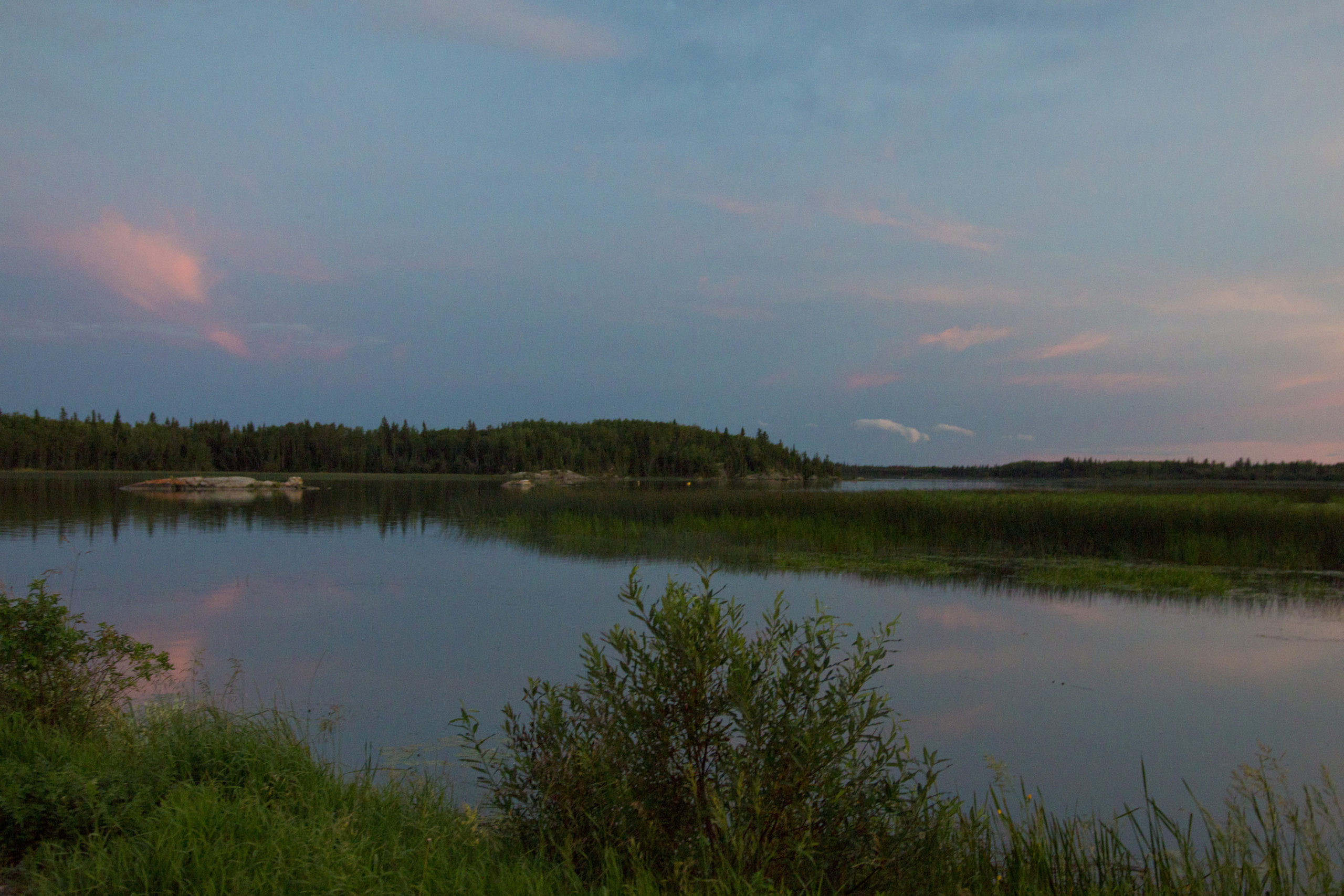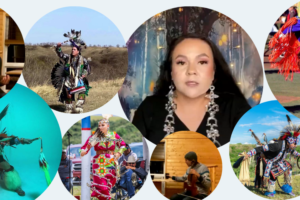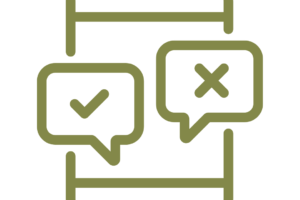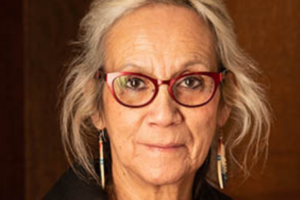The New Abnormal
By Steph McLachlan
Greetings, and welcome to our project website. It’s been a wild and crazy two months – for our project, for me; for my family and community; and – for that matter – the world.
We all seem to be in pandemic-meltdown and the end to all of this chaos still seems to be far away, and forever receding as more and more people come down with positive cases of coronavirus (COVID-19).
This pandemic landscape continues to shift in such dramatic ways that it is easy to lose sight on how rapid and extreme this change has been. One such point of insight is the proposal for this project, which I took the lead on writing.
We submitted the proposal on February 18 2020. So only five weeks ago. Moments before I pressed the submit button, I updated the statistics as they relate to COVID-19. At that point, there were “73,439 cases that had been confirmed in 29 countries around the world with an attributed 1,875 deaths”. This is a quote from the proposal, and the numbers seemed alarming enough that I framed the proposal with them in my introduction. Fast forward six weeks and the numbers are that much more alarming: 1,918,651 cases and 119,211 deaths in 210 countries and territories around the world (this on April 13 2020). And this curve, an exponential one that gets steeper and steeper like the first climb in a terrifying roller coaster, is only getting started.
So back on February 7, I found out that the government had issued a “rapid response” call for proposals related to COVID-19. Researchers across the country had only 10 days to respond, where we normally we have 9-12 months to do so. As it turns out, 227 proposals were submitted and ultimately 52 medical projects and 47 social/policy projects were funded. One of which was our project. In the end, the government spent about $55million on this research call. But the unfortunate part was that ours was the only project of the 99 projects that were finally funded that focused only on Indigenous people and the only one that even mentioned First Nations. One other one project somewhat focused on the Metis Nation and none focused or even mentioned Inuit people. This despite the reality that Indigenous people have suffered much more from pandemic diseases than the rest of Canadians in the past. And that this was pretty much guaranteed to happen again with COVID-19.
Which makes this project even more important.
Back when I heard about the funding call, I phoned a few Indigenous community health directors I know. People who would frankly tell me whether or not it was worth applying for. And the answer was a resounding yes. They told me stories related to H1N1 about shortages in sanitizers and masks. About poor access to medical experts and testing. I already knew about the body bags, and had experienced firsthand some of these mistakes up North back in 2009. With lots of support from these directors and much trust on the part of Tribal Councils and Health Authorities, we assembled an amazing team of Indigenous and allied scholars and partners. And then crossed our fingers.
By the time we had heard about our success and for sure by the time we had some access to the funding, the landscape had changed that much more. Terms like social and physical distancing, community spread, community isolation were all becoming commonplace. And all of our tidy plans to study the past pandemics (through interviews and archives) were a luxury. Our plans to spend time working within communities were now impossible. And to think about a future which is even more unknown then next year’s weather patterns was ludicrous. We had to re-evaluate everything.
That said, the need was still there and even more evident. It just meant we had to reassess all of our research plans given the “new abnormal”. The partners on our project indicated, and still do, that communication should be our first priority. Yes, increasing communication between Indigenous communities and decision-makers. But also communication among communities. Since they would be mostly isolated from one another by uncertainty, poor technology, government inattention and immense geographical distances.
So we fast-tracked our role as collectors and sharers of information. Building our Facebook pages and this website became first steps. As places that Indigenous people and allies across Canada and for that matter around the world could stop by. Like they would at the local grocery store. To find any relevant information that we would spend time collecting. For the most part these are stories that we find in the news media, blogs, other websites etc. And soon we will extend this tracking to include Facebook and other social media. All of which we will be making accessible and visible on our own one-stop Facebook page.
We are also starting to generate our own content, through the community voices section of our website. So far, we have interviewed Indigenous Elders from Navajo Nation (384 positive cases), Lake St Martin First Nation (impacts of flooding combined with CV-19) and Swan Lake First Nation (a lived history of pandemics back to smallpox). We will continue to expand these videos. We have also started our requests for community stories, photos and video from anyone in community interested in sharing. And having a monthly draw for a $100 prize for those who submit these.
Other content that we have helped facilitate is through our partnership with Cree puppeteer Samson Hunter from Nisichawayasihk Cree Nation. Together we have been generating relevant health information and combining it with Cree culture, humour and language. Some of my favourite time is spent brainstorming and laughing at Samson’s wit and humour, this now reflected in the two-minute video skits – and sometimes not. We released the first one last week days ago on Facebook and it already has 8,900 views. A second on social distancing has 4,400 views. There are at least 6-7 more videos to come.
Another role we are playing is as advocates for change. In large part by reaching out to and pressuring politicians in Winnipeg and Ottawa. We do this by sharing community stories and concerns but also by feeding information to Tribal Councils and Health Authorities. We have a long history of such advocacy work related to the impacts of hydropower and Oil Sands on communities and environments. Most of this work focuses again on creating opportunities for community members a to play a lead voice in these activities, whether on the streets in protests or working directly with politicians and other decision-makers.
A final, important part of what we do is to document and affirm all the resilience and strength in these communities. Too often communities are seen as vulnerable and at risk to pandemics. Rather than as strong and sovereign. Many, many examples of this strength exist and are reflected in responses to COVID-19. These include community blockades and checkpoints, picking medicines and sharing country food to keep members healthy, caretaking Elders, adapting ceremonies, or watching out for those at especially high risk. Many of these initiatives embarrass those of other Canadians in cities as we selfishly compete with one another TP, sanitizer and bread yeast. As part of this project we hope to increase the visibility of these proactive responses and to help communities share with and learn from one another
So thank you for checking our websites and Facebook pages. We definitely welcome your interest and also encourage you to become involved. If you have any questions or concerns about what we are doing. If you want to share your own stories. Or if you have some ideas that we might support or that we might act on together. Then please reach out by using the contact information below. And we will definitely respond immediately
Thanks again and hope to talk soon
Steph




